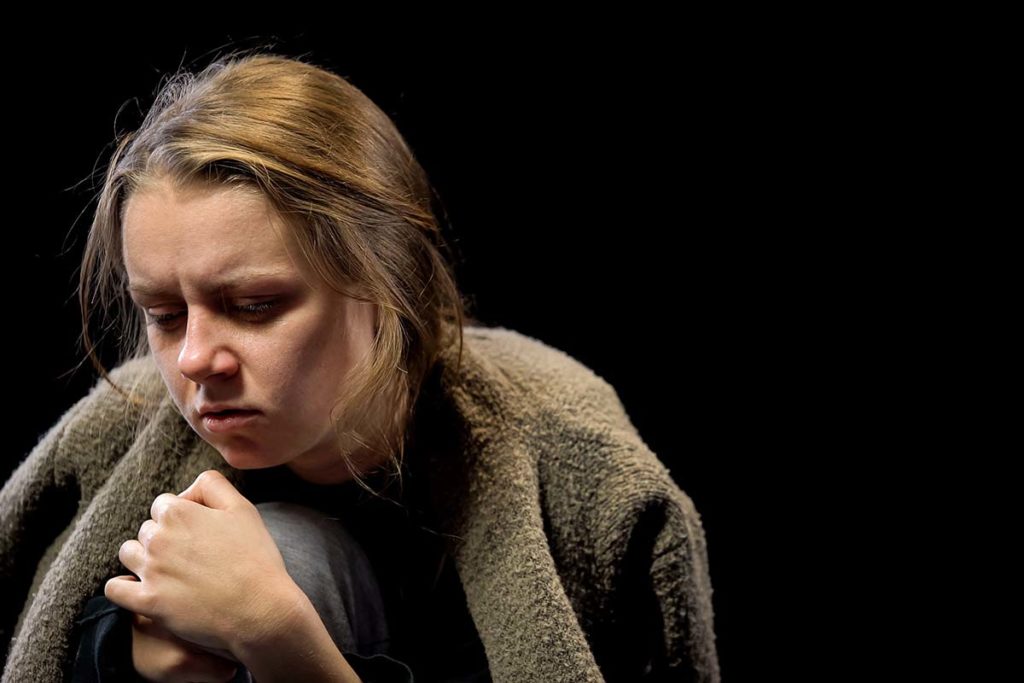It’s never easy saying goodbye to something to which you’ve grown attached. Addiction can be so intense that it can be emotional when you’re trying to quit—even before withdrawal symptoms set in. You may have experience with withdrawals if you’ve attempted to quit before, or you might have heard stories about how bad they can be. However, there are some things you can do to handle withdrawal symptoms.
The Arbor offers substance abuse treatment programs that are custom-tailored to each person’s needs. If you have been struggling to maintain your sobriety, call 844.413.2690 today to find out what it’s like to get sober at The Arbor.
Addiction Leads to Dependence
Most people first develop an addiction because they enjoy the feeling it gives them. They may feel like they can better cope with their problems or feel more relaxed. However, over time, the person’s body adapts to the presence of the substance and begins to depend on it.
Dependence changes chemical levels in the brain and the body’s ability to replenish them normally. One of the most affected chemicals is dopamine. Dopamine is produced at an extraordinarily high rate when someone takes a drug like meth. The brain becomes so used to this high level that it can no longer produce dopamine on its own. When the person stops taking meth, there is an extreme drop in dopamine levels. This can lead to feelings of depression, anxiety, and even suicidal thoughts.
What Are Withdrawals?
Withdrawals are the body’s reaction to an abrupt change in the level of a substance it has become dependent on.
Most people think of withdrawal as only happening to people who abuse drugs or alcohol. But withdrawal can also happen to people taking certain medications, such as high blood pressure medicine or antidepressants. After someone stops taking a medication that controls blood pressure, for example, they may experience dangerous hypertension levels because it’s no longer controlled.
Drugs and alcohol produce different kinds of withdrawal symptoms. Withdrawal symptoms from drugs tend to be more physical. Some withdrawal symptoms common among alcohol and many other drugs include:
- Anxiety
- Agitation
- Depression
- Irritability
- Insomnia
- Nervousness
- Sweating
- Headache
- Muscle aches and pains
These withdrawal symptoms can be extremely uncomfortable but aren’t always dangerous. Some substances, like benzodiazepines and alcohol, do produce dangerous withdrawal symptoms. Even if the symptoms aren’t life-threatening, they may force someone to relapse so they can return to comfort.
How to Handle Withdrawal Symptoms from Drugs
The best way to avoid withdrawal symptoms is to gradually taper off the substance. This can be done by taking smaller and smaller doses over some time.
It’s important to consider seeking professional help. A trained medical professional can help create a tapering schedule and ensure you are safe and comfortable during withdrawal. They can also provide support and answer any questions you may have.
Withdrawal symptoms can be challenging to deal with, but there are ways to make them more manageable. Some people find that keeping busy helps take their minds off of their discomfort. Others find that relaxation techniques, such as yoga or meditation, help them feel better.
How to Handle Alcohol Withdrawal Symptoms
Alcohol withdrawal symptoms can be dangerous. Delirium tremens (DTs) are symptoms that can occur when someone suddenly stops drinking after chronic alcohol abuse. DTs can include:
- Auditory and visual hallucinations
- Confusion
- Delirium
- Fever
- Intense cravings for alcohol
- Irritability
- Seizures
- Sweating
- Tachycardia (rapid heart rate)
A medically supervised detoxification program can help manage alcohol withdrawal symptoms in a safe and comfortable environment. In some cases, medications may be used to help ease the withdrawal symptoms.
Support After Withdrawals End
Withdrawal symptoms are only the beginning of the journey to recovery. It’s essential to find support and resources to help you stay sober once withdrawals end. Many different treatment programs are available, such as 12-step programs, therapy, and outpatient treatment.
The most important thing is to reach out for help. Many people want to see you succeed in recovery. You don’t have to go through this alone.
Outpatient Addiction Treatment at The Arbor
The Arbor offers residential and outpatient addiction treatment programs that can help you recover from addiction. Our programs are designed to meet your unique needs and provide you with the tools and resources you need to succeed in recovery.
If you’re ready to take the first step on the road to recovery, contact us today by calling 844.413.2690. We’re here to help you every step of the way.

